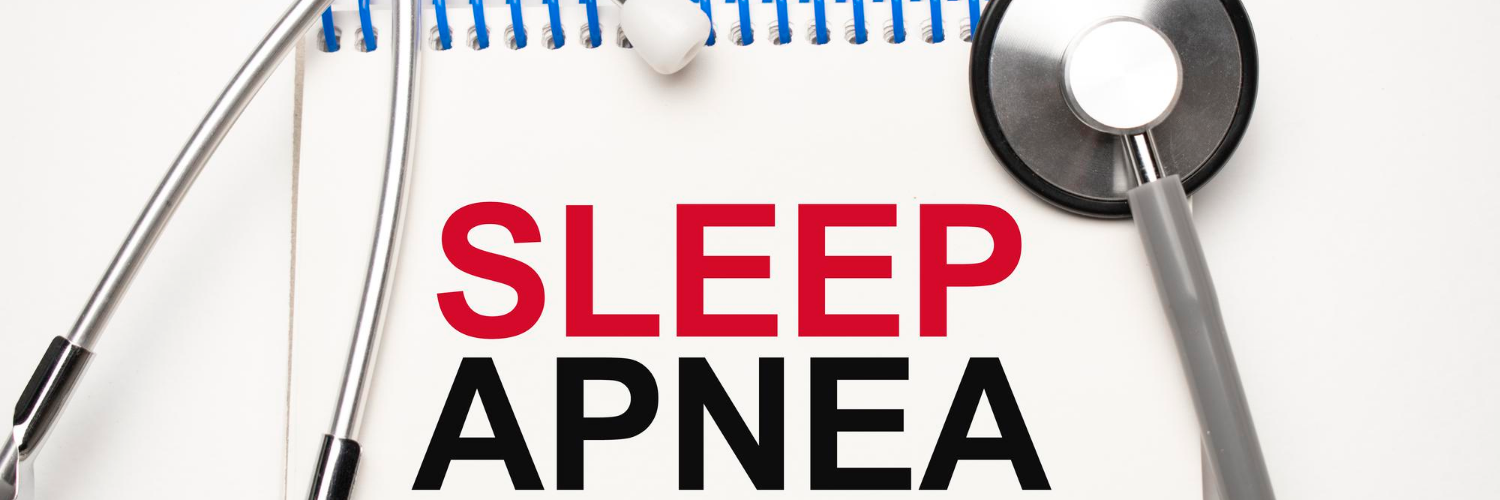Study: Low Risk On Using Philips' CPAP and BiPAP Machines
Study: Low Risk On Using Philips' CPAP and BiPAP Machines

Introduction
Philips has completed safety studies on several of its equipment nearly two years after first publicly raising concerns about the possible disintegration of the polyester-based polyurethane foam included in many of its CPAP and BiPAP machines and other breathing devices.
The findings, which were published by Philips and focused solely on the first generation of its DreamStation devices, which accounted for around two-thirds of the 5.5 million recalled items, show that the dissolving foam poses minor health hazards, according to the firm. The FDA has reported over 250 deaths among those affected by the recall, although none have been directly related to the devices.
The CEO of the firm stated that the corporation now has a greater knowledge of the possible health hazards than it had in early 2021. He even expressed regret that it had taken so long, but the tests required long throughput times and needed to be done carefully.
He went on to say that the management truly regrets the fear and uncertainty felt by patients, their doctors, and consumers, and that they would continue to work hard to meet their demands.
Philips performed the investigation in collaboration with five independent testing facilities, with the results assessed by Philips, outside specialists, and a panel of external medical experts. It concentrated on DreamStation devices that had not been subjected to ozone-based cleansers, which Philips claims may hasten foam dissolution.
One set of testing looked at the particulate matter emissions from the devices' deteriorated foam. It analysed a total of 181 DreamStation devices ranging in deterioration level from new to used to lab-aged.
All of the tested devices were confirmed to be in compliance with the International Organization for Standardization's maximum emission limits (ISO). According to Philips, the tests also revealed that particulate matter emissions from deteriorated foam were not statistically different from those from foam inserts that had yet to decay. Finally, in biocompatibility testing, deteriorated foam particles were determined to be unlikely to cause substantial harm to patient's health, even if a user was exposed to the maximum quantity of degraded foam in their device.
The testing methodology also examined the volatile organic compounds (VOCs) released by foam as it degraded. The authors determined that the observed VOCs posed no meaningful health risk in toxicological risk evaluations of a similar mix of new, used, and lab-aged equipment. According to Philips, exposure to the substances is not expected to have long-term health repercussions for patients.




